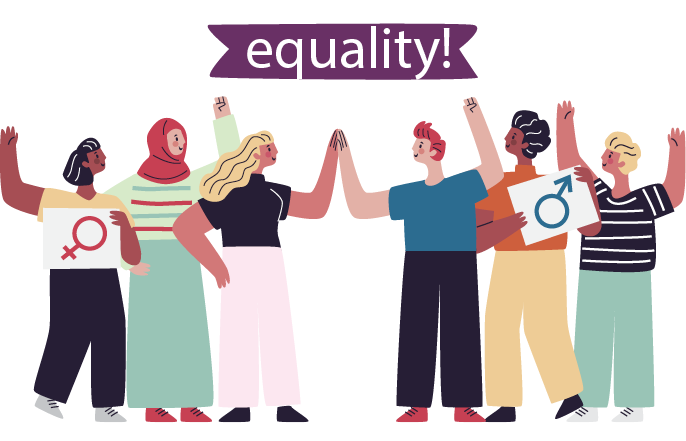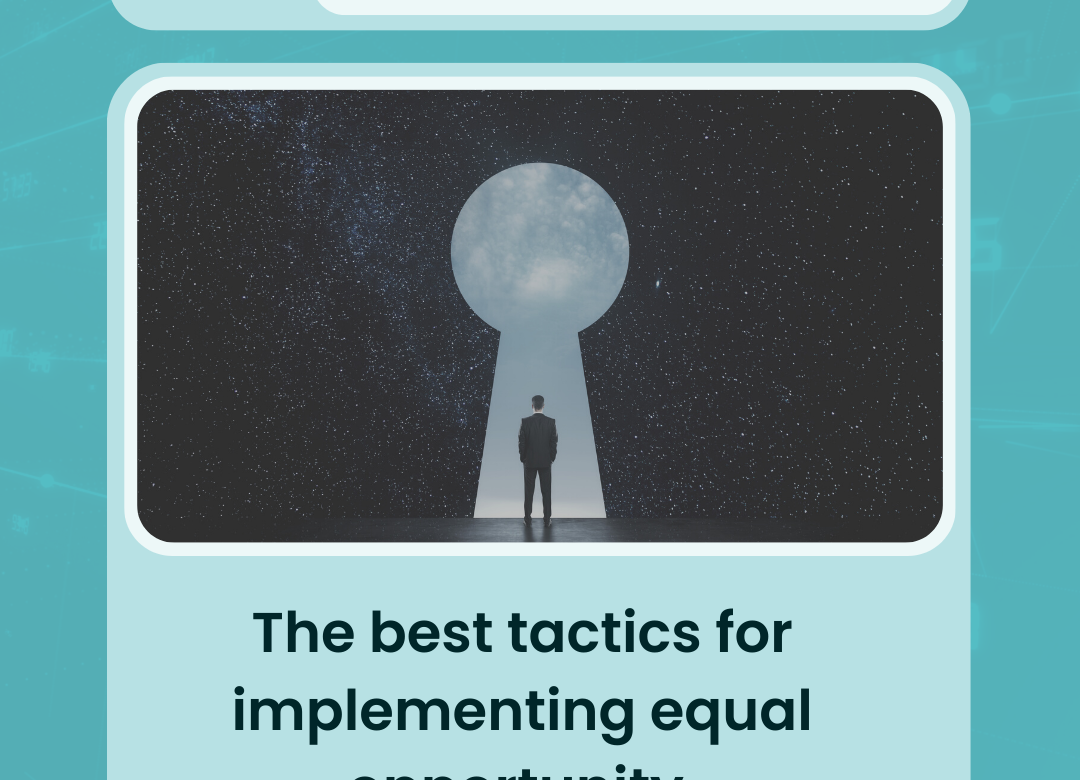Equality in organization means that all Equality in organization means that all
employees are treated fairly and have equal access to opportunities and resources within the workplace.
Equality in organization can help to:
Promote a culture of respect and inclusion for all employees.
Enhance employee engagement, motivation, and productivity.
Attract and retain diverse talent and customers.
Foster innovation and creativity by leveraging different perspectives and experiences.
Comply with legal and ethical standards and avoid discrimination lawsuits.
What are some examples?
Some examples of equality in organization are:
Providing equal pay and benefits for employees who perform the same or similar work.
Offering flexible work arrangements and reasonable accommodations for employees with different needs.
Ensuring fair and transparent recruitment, promotion, and performance evaluation processes.
Providing learning and development opportunities for all employees to grow their skills and careers.
Creating a safe and supportive work environment where employees can voice their opinions and concerns without fear of retaliation.
equality and equity are often confused or used interchangeably, but they have different meanings and implications for organization. Equality means treating all employees the same and giving them equal access to opportunities and resources within the workplace, regardless of their differences.
Equity means recognizing and addressing the different needs, barriers, or disadvantages that some employees may face because of their differences, and providing them with the appropriate support or resources to ensure fair outcomes. For example:
Equality in recruitment means that all candidates get the same amount of time to complete a work assignment as part of the hiring process. Equity in recruitment means that candidates with disabilities or learning difficulties get more time or accommodations to complete the assignment.
Equality in compensation means that all employees who perform the same or similar work get paid the same amount. Equity in compensation means that employees who have additional responsibilities, qualifications, or experience get paid more.
Equality in development means that all employees get access to the same learning and growth opportunities. Equity in development means that employees who have less exposure, mentorship, or feedback get more support and guidance.
Equality and equity are both important for organization, but they are not mutually exclusive or interchangeable. Equality is a necessary condition for equity, but it is not sufficient by itself. Equity is a goal that requires intentional actions and adjustments to achieve. Equality and equity are both part of a larger framework of diversity, inclusion, and belonging that aims to create a respectful and supportive work environment for all employees.
Equality in organizations means that all employees are treated fairly and have equal access to opportunities and resources within the workplace, regardless of their differences. Equality in organizations can help to:
Promote a culture of respect and inclusion for all employees.
Enhance employee engagement, motivation, and productivity.
Attract and retain diverse talent and customers.
Foster innovation and creativity by leveraging different perspectives and experiences.
Comply with legal and ethical standards and avoid discrimination lawsuits.
Some best tactics to implement equality in organizations are:
Conduct a diversity audit to assess the current state of equality in your organization, identify gaps and areas for improvement, and set measurable goals and action plans.
Implement fair and transparent policies and practices for recruitment, compensation, promotion, performance evaluation, and development that are based on merit and potential, not on bias or stereotypes.
Provide training and education for all employees on diversity, inclusion, and anti-discrimination topics, and create a culture of learning and feedback where employees can share their experiences and perspectives.
Establish employee resource groups, networks, or committees that can support employees from different backgrounds, foster a sense of belonging, and provide input on organizational decisions and initiatives.
Celebrate diversity and inclusion by recognizing and rewarding employees who contribute to equality goals, showcasing diverse role models and success stories, and organizing events or activities that highlight different cultures and identities.
Next Innovation Asia


